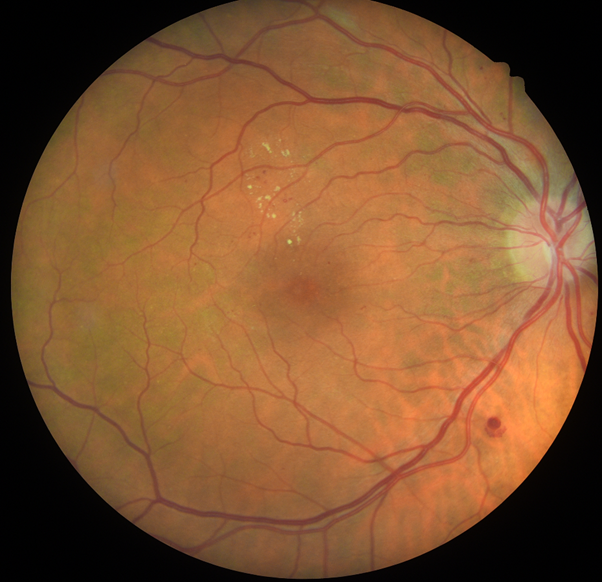An expert has looked at the photographs of your eyes and concluded that everything appears normal and you are at little risk of sight-threatening retinopathy at this time.
You will automatically be invited back in a year or two.
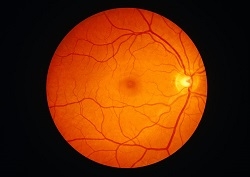
North Yorkshire Diabetic Eye Screening Programme
After your screening appointment, an expert will review the photographs of your eyes.
You will be automatically invited back in two years if you have no evidence of changes for two consecutive episodes, or a year if you have mild background changes.
If we detect disease which needs closer monitoring and more frequent screening, such as maculopathy or pre-proliferative retinopathy, we may call you back for another screening test in our digital surveillance clinic.
If your disease is more advanced and we think you
If we are unable to get clear images at the back of your eye, we may send you to another appointment at one of our slit lamp clinics.
If your disease is more advanced and we think you might need treatment, we will refer you to see an eye specialist at your local hospital.
See more information below about possible results from your eye screening appointment.
If you need more help, get in touch with the NYDESP team.
No diabetic retinopathy (normal)
An expert has looked at the photographs of your eyes and concluded that everything appears normal and you are at little risk of sight-threatening retinopathy at this time.
You will automatically be invited back in a year or two.

Background retinopathy
Your results show that you have some small changes that affect the blood vessels on the retina at the back of your eyes.
These changes can appear and disappear over time and good diabetic control will help reduce the risk of developing significant damage.
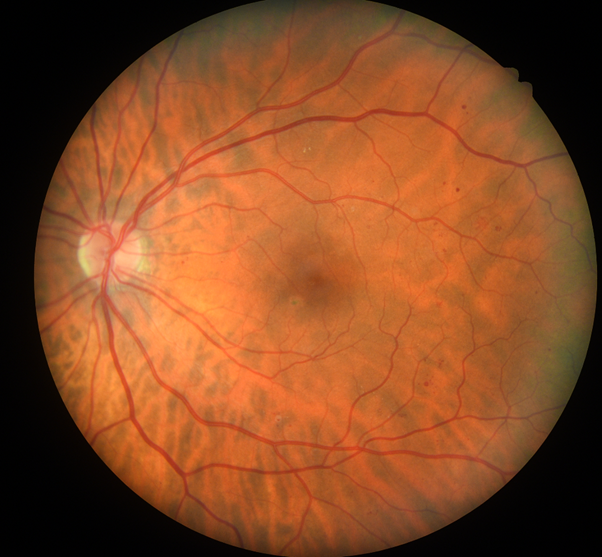
Pre-proliferative retinopathy
If your results show pre-proliferative retinopathy, this means you have more severe changes to the blood vessels at the back of your eyes, caused by diabetes.
You are at increased risk of developing problems with your vision. We may refer you to the hospital eye clinic for routine assessment or choose to monitor you more frequently in our service (retinal screening every three, six, or nine months) to observe any changes at the back of your eyes.
it is important you manage your diabetes as well as possible to reduce the risk of changes developing further.
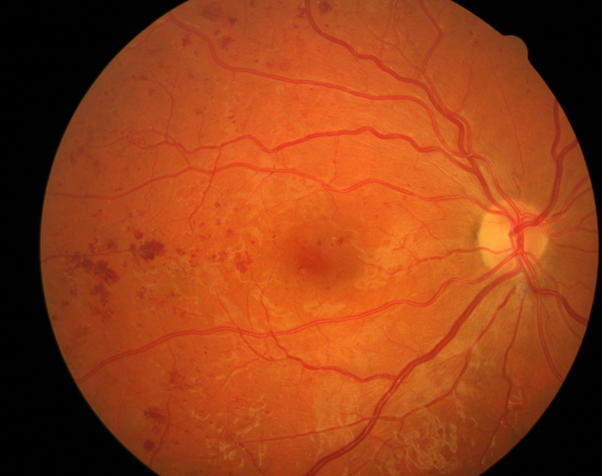
Proliferative diabetic retinopathy
Your test results showed that you have sight-threatening retinopathy.
This means significant changes were found on the retina at the back of your eyes.
These changes need to be assessed promptly by an ophthalmic doctor in the hospital eye department and treatment organised accordingly.
This will happen within three weeks of your screening appointment.
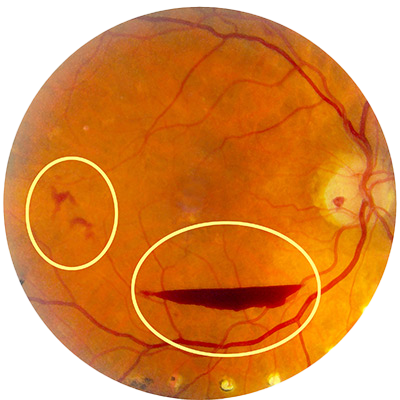
Diabetic maculopathy
Your test results show you have changes called maculopathy. This affects the area at the central part of your retina (the macula).
This will require closer monitoring using Optical Coherence Tomography (OCT) in the retinal screening clinic.
It is important you manage your diabetic control to reduce the risk of changes developing further.
